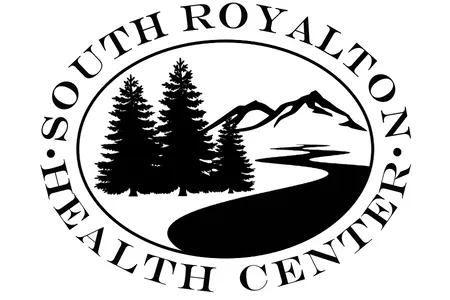Over the past 20 years more children are participating in organized and recreational athletics. With so many young athletes playing sports, it's no wonder injuries are common. Half of all sports medicine injuries in children and teens are from
Read More
-
How to Prevent Overuse Injuries (Care of the Young Athlete)
Category: safety_and_prevention
-
How to Prevent Shaken Baby Syndrome and Other Forms of Abusive Head Trauma
Category: newborns_infants_and_toddlers
One of the skills parents and caregivers need to learn is how to deal with stress. This is especially important when there seems to be no end to a baby's crying. Too often, when a parent or caregiver loses control the results can be harmful or deadly.
Read More -
How to Prevent Tooth Decay in Your Baby
Category: newborns_infants_and_toddlers
Baby teeth are important. If baby teeth are lost too early, the teeth that are left may move and not leave any room for adult teeth to come in. Also, if tooth decay is not prevented, it can be costly to treat, cause pain, and lead to life-threatening infections.
Read More -
Imaging and Medical Radiation Safety: Important Information for Parents
Category: safety_and_prevention
Pediatricians use different tests and tools to help them diagnose and treat injuries and illnesses. This handout was written by the American Academy of Pediatrics (AAP) to answer questions about imaging and medical radiation safety.
Read More -
Immunizations: What You Need To Know
Category: newborns_infants_and_toddlers
Immunizations have helped children stay healthy for more than 50 years. They are safe and they work. In fact, serious side effects are no more common than those from other types of medication. Vaccinations have reduced the number of infections from vaccine-preventable diseases by more than 90%! Yet many
Read More -
Infant Furniture: Cribs
Category: newborns_infants_and_toddlers
-
Insect Repellents: What Parents Need to Know
Category: newborns_infants_and_toddlers
Mosquitoes, biting flies, and tick bites can make children miserable. While most children have only mild reactions to insect bites, some children can become very sick. Some insects carry dangerous germs such as West Nile virus, Lyme disease bacteria, and Rocky Mountain spotted fever bacteria.
Read More -
Keep Your Family Safe: Fire Safety and Burn Prevention at Home
Category: newborns_infants_and_toddlers
Fires and burns cause almost 4,000 deaths and about 20,000 hospitalizations every year. Winter is an especially dangerous time, as space heaters, fireplaces, and candles get more use in the home. It is no surprise that fires in the home are more common between December and February. However, you might
Read More -
Lawn Mower Safety
Category: safety_and_prevention
The power lawn mower is one of the most dangerous tools around the home. Each year, approximately 68,000 persons with injuries caused by power mowers were treated in emergency departments. More than 9,000 of the people hurt were younger than 18 years. Older children and adolescents were most often hurt
Read More -
Lawn Mower Safety
Category: safety_and_prevention
Each year many children are injured severely by lawn mowers. Power mowers can be especially dangerous. However, most lawn mower-related injuries can be prevented by following these safety guidelines.
Read More -
Lead Is a Poison: What You Need to Know
Category: newborns_infants_and_toddlers
Lead in the body can affect child development and behavior. Lead is a metal that is found in a lot of places. Although you can’t usually see lead, you can do things to prevent your child from being exposed to it. No safe level of lead has been identified for children. Children have the most risk factors
Read More -
Life Jackets and Life Preservers
Category: safety_and_prevention
If your family enjoys boating, sailing, canoeing, and using personal watercraft on lakes, rivers, and streams, be sure your children wear the correct life jackets. If you do, they will be able to take part in these activities more safely.
Read More -
Making Healthy Decisions About Sex
Category: safety_and_prevention
Before you decide to have sex or if you are already having sex, you need to know how to stay healthy. Even if you think you know everything you need to know about sex, take a few minutes and read on. Your doctor wants to make sure you know the facts.
Read More -
Medicine and the Media: How to Make Sense of the Messages
Category: newborns_infants_and_toddlers
Your child is sick or hurt and the first thought on your mind is, “How can I make my child better?” That's natural. No parent wants his or her child to suffer. So how do you decide what medicines to give or treatments to try?
Read More -
Minor Head Injuries in Children
Category: newborns_infants_and_toddlers
Almost all children bump their heads every now and then. While these injuries can be upsetting, most head injuries are minor and do not cause serious problems. In very rare cases, problems can occur after a minor bump on the head. This publication was written by the American Academy of Pediatrics to
Read More -
Monkeypox: What You Need to Know
Category: safety_and_prevention
In the rare event that an adult in your household develops monkeypox, share this information with your pediatrician and discuss what you can do to protect your child from infection. Here is information from the American Academy of Pediatrics about monkeypox.
Read More
